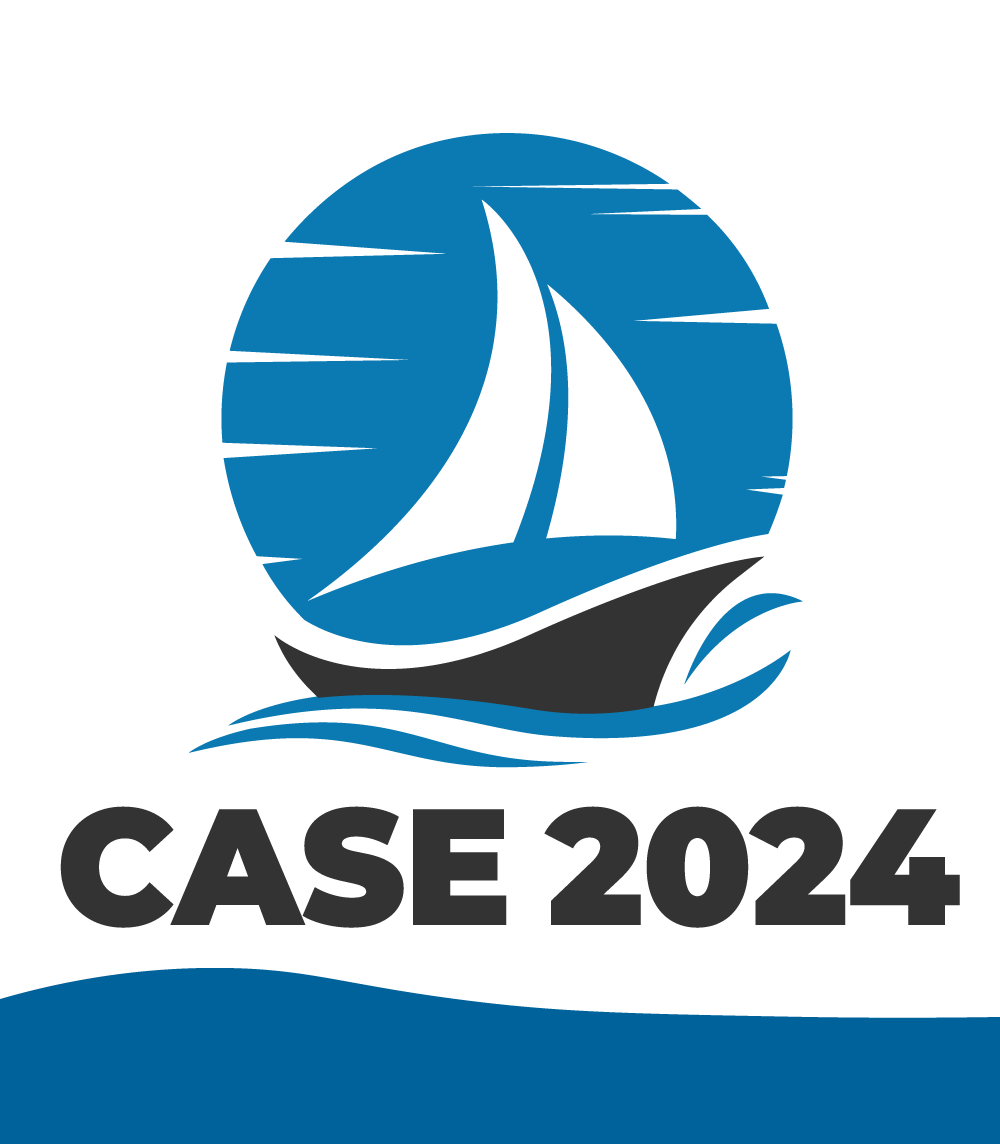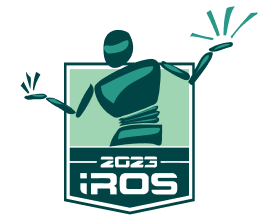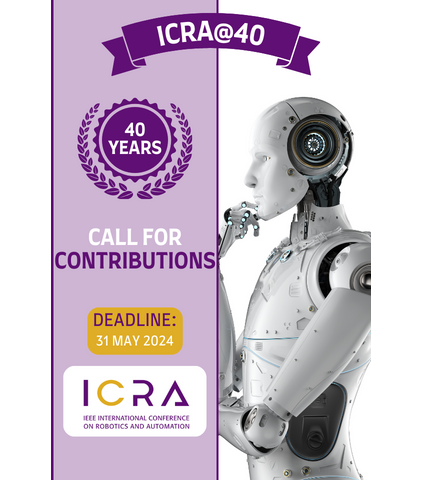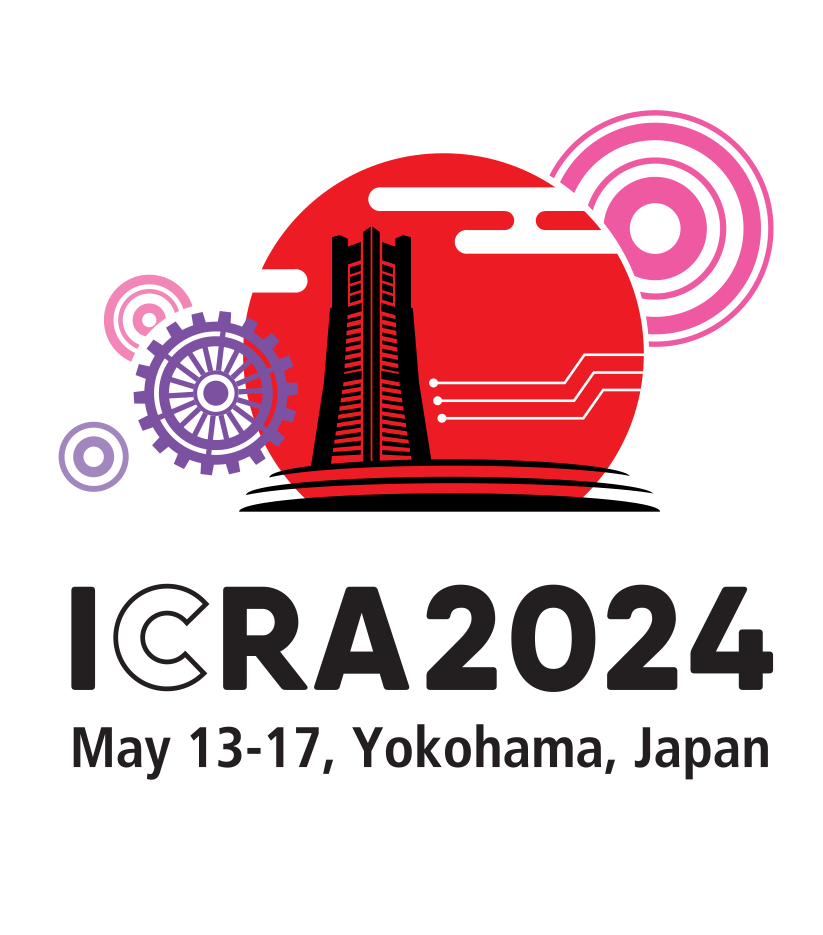ICRA 2020 Award Recipients Honored
Congratulations to all award recipients of IEEE International Conference on Robotics and Automation (ICRA 2020)! Due to the virtual nature of the event, we are saddened that these individuals could not be recognized in person. A complete RAS and ICRA Award brochure is available. It also contains IEEE and RAS Award recipients, plus all ICRA Best Paper Award Finalists.
IEEE ICRA Milestone Award
The award recognizes the most influential paper published in the Proceedings of the IEEE International Conference on Robotics and Automation (ICRA) from approximately 20 years ago, between 1998-2002. Unlike the other RAS best paper awards that attempt to predict the future potential impact of a paper, this award looks back at the actual impact a paper has had.
“Monte Carlo Localization for Mobile Robots”
Frank Dellaert, Dieter Fox, Wolfram Burgard and Sebastian Thrun
Proceedings of the 1999 IEEE International Conference on Robotics and Automation, pp. 1322-1328
ICRA 2020 Distinguished Service Award
Pradeep Misra
Wright State University, United States
For continuous support of ICRA and for extraordinary contributions to transform ICRA 2020 into a virtual conference
2020 ICRA Best Paper Award in Automation
“Securing Industrial Operators with Collaborative Robots: Simulation and Experimental Validation for a Carpentry Task”
Nassim Benhabib, Vincent Padois and David Daney
- An essential and challenging use case solved and evaluated convincingly. This work brings to light the artisanal field that can gain a lot in terms of safety and worker’s health preservation through the use of collaborative robots. Simulation is used to design advanced control architectures, including virtual walls around the cutting-tool as well as adaptive damping that would account for the operator know-how and level of expertise.
IEEE ICRA Best Paper Award in Cognitive Robotics
Semantic Linking Maps for Active Visual Object Search
Zhen Zeng, Adrian Röfer and Odest Chadwicke Jenkins
- A practical method for mobile service robots that need to perform active visual search tasks in a complex environment. The method is well described and technically sound enabling a robot to reason about the semantics of landmarks and their relation to the target object. Thereby, the method narrows down the search space for a robot. Notably, the algorithm is demonstrated on a real robot in a real environment.
IEEE ICRA Best Paper Award on Human-Robot Interaction (HRI)
Preference-Based Learning for Exoskeleton Gait Optimization
Maegan Tucker, Ellen Novoseller, Claudia Kann, Yanan Sui, Yisong Yue, Joel Burdick and Aaron Ames
- This paper provides an interactive learning approach to adapt the gait of exoskeletons according to user preferences and suggestions. It provides both a sound and innovative learning framework and a convincing experimental validation. The approach has a broad application potential for human-machine interfaces.
IEEE ICRA Best Paper Award on Mechanisms and Design
Swing-Assist for Enhancing Stair Ambulation in a Primarily-Passive Knee Prosthesis
Jantzen Lee and Michael Goldfarb
- A novel approach to a knee prosthesis enabling a more natural motion of the patient by combining the advantages of strong but stiff prosthesis on one hand and prosthesis allowing a natural free swing motion of the knee on the other. The effectiveness of such prosthesis has been successfully demonstrated in patient studies showing significant improvement in particular on step-over ascent on stairs.
IEEE ICRA Best Paper Award in Medical Robotics
Fault Tolerant Control in Shape-Changing Internal Robots
Lavanya Balasubramanian, Tom Wray and Dana Damian
- This paper addresses the problem of fault tolerance for implantable robots: they cannot be accessed from outside, thus requiring smart solutions for an effective adaptation to the environment. The fault-tolerant capabilities are demonstrated for an implantable robot dedicated to tissue elongation and a reduction of the fault risk by more than 80% has been assessed.
IEEE ICRA Best Paper Award on Multi-Robot Systems
Distributed Multi-Target Tracking for Autonomous Vehicle Fleets
Ola Shorinwa, Javier Yu, Trevor Halsted, Alex Koufos and Mac Schwager
- A scalable and distributed dynamic target tracking algorithm for multiple vehicles. The authors provided a strong theoretical contribution in the field of multi-robot systems, with relevance reaching well beyond the application for self-driving cars.
IEEE ICRA Best Paper Award in Robot Manipulation
Design of a Roller-Based Dexterous Hand for Object Grasping and Within-Hand Manipulation
Shenli Yuan, Austin Epps, Jerome Nowak and Kenneth Salisbury
- This paper presents a novel three-fingered hand design that can impart almost arbitrary motions to a grasped object, without the weight or complexity of an anthropomorphic solution. The authors additionally present a rigorous analysis of the hand’s unique kinematic properties, paving the way for future work on motion planning for in-hand manipulation.
IEEE ICRA Best Paper Award in Robotic Vision
Graduated Non-Convexity for Robust Spatial Perception: From Non-Minimal Solvers to Global Outlier Rejection
Heng Yang, Pasquale Antonante, Vasileios Tzoumas and Luca Carlone
- A very efficient and robust non-minimal solver that can deal with large amounts of outliers. Similar to RANSAC, the proposed approach can be applied to many different problems. Thanks to its performance, it has the potential to become a new reference and thus have a large impact on the robotics and vision community.
IEEE ICRA Best Paper Award in Service Robotics
Active Reward Learning for Co-Robotic Vision Based Exploration in Bandwidth Limited Environments
Stewart Jamieson, Jonathan Patrick How and Yogesh Girdhar
- An innovative and promising topic for marine robotics that requires overcoming several major challenges the paper deals with co-botics vision. The research work presented is not only outstanding for its scientific content, it is very clearly explained and the presentation material is excellent. We love the polished visuals to illustrate the work in a synthetic manner.
IEEE ICRA Best Paper Award on Unmanned Aerial Vehicles
Design and Autonomous Stabilization of a Ballistically Launched Multirotor
Amanda Bouman, Paul Nadan, Matthew Anderson, Daniel Pastor, Jacob Izraelevitz, Joel Burdick and Brett Kennedy
- This paper presents an innovative aerial robotic system design that allows fast ballistic launch of a multi-rotor. The work integrates a novel mechatronic design with an effective autonomy stack for vision-based, active stabilization, and provides convincing demonstrations through full-scale experimental tests. The proposed concept is likely to have an impact in several areas of field robotics.
IEEE ICRA Best Student Paper Award
Design of a Roller-Based Dexterous Hand for Object Grasping and Within-Hand Manipulation
Shenli Yuan, Austin Epps, Jerome Nowak and Kenneth Salisbury
- A novel and creative non-anthropomorphic gripper with rollers is realized to achieve stable grasping with multiple configurations and able to achieve multi-DOF in-hand manipulation. This contribution demonstrates versatility in grasping a very wide range of objects of different shapes and types and in achieving various ways of in-hand manipulation. Comprehensive kinematic analysis is performed with real experiments demonstrating its efficacy and usefulness.
IEEE ICRA Best Conference Paper Award
Preference-Based Learning for Exoskeleton Gait Optimization
Maegan Tucker, Ellen Novoseller, Claudia Kann, Yanan Sui, Yisong Yue, Joel Burdick and Aaron Ames
- Although the idea of preference learning, also known as preference elicitation, is well understood in information retrieval and human-robot interaction, the application to exoskeleton gait choices is new. Incorporating human feedback for gait preference in exoskeleton control is an excellent idea for achieving personalized comfort. The scientific content of the paper is carried out with rigor by proposing a novel learning algorithm, developed in simulation, and experimentally validated on human subjects. The presentation is excellent. It highlights the methodological contribution together with the significant potential impact on society for restoring mobility.
ICRA 2020 Conference Editorial Board Awards
Creating a world class technical program for ICRA requires the contributions of many. With the following awards, IEEE RAS recognizes individuals who provided outstanding contributions to the ICRA Conference Editorial Board, which is responsible for reviewing submissions to ICRA.
Best Associate Editor Award
• Sven Behnke, University of Bonn, Germany
• Angela Faragasso, The University of Tokyo, Japan
• Roderich Gross, University of Sheffield, United Kingdom
• Aude Bolopion, Centre National de la Recherche Scientifique (CNRS), France
Best Reviewer Award
• Jee-Hwan Ryu, Korea Advanced Institute of Science and Technology (KAIST), South Korea
• Lionel Ott, University of Sydney, Australia
• Cosimo Della Santina, German Aerospace Center (DLR), Germany
• Helen Oleynikova, ETH Zurich, Switzerland







